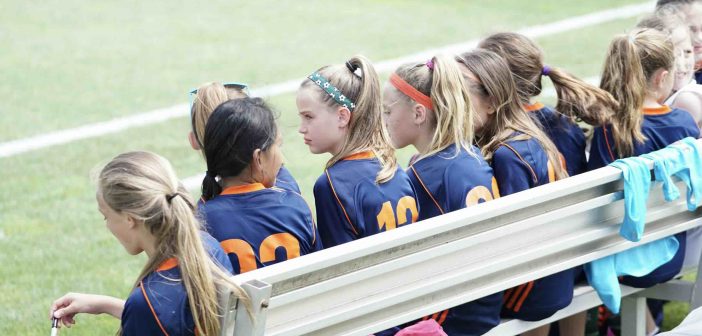Primarily, there are two categories in the education sector: private and public. Both have their unique pros and cons. However, keep in mind that private education is usually considered a better choice.
For example, parents prefer private schools in Singapore because of their well-rounded curriculum that meets international standards. This quality of education empowers children to navigate life successfully
But this doesn’t make public education a bad choice. Your decision should depend on certain factors that we’ll discuss below. Read more!
Admission Process
Private schools are typically selective and rigid in their admission process. They have special entrance tests and interviews to determine whether the candidate meets the institute’s criteria or not.
The more reputable a private school is, the more strict admission criteria it has. This means not everyone will have access to education, and the graduates will be highly valued in the job market. But it also means more pressure on the child.
Comparatively, public schools are open to all. They may conduct an interview or test, but none of this is meant to filter the students. Everyone who applies gets access to their education.
Quality of Education
There is no denying that the private education system is much better in terms of quality. The schools regularly review and upgrade their curriculum to prepare the children for the latest advancements in the world.
Most private schools also follow the international curriculums from the UK and the US. This makes the child as competent as the child studying abroad. In the future, this competence can open international opportunities for your child easily.
Plus, private schools have smaller class sizes, flexible training methods, and specialized infrastructure. The overall school environment is optimized to improve your child’s learning experience.
The story of public education systems is the opposite. Their schools are traditional-style, with boring buildings and old-school teaching patterns. The children are only taught the essential knowledge specified by the government.
There are no specialized courses or extracurricular activities to enrich their learning. So, while the children are educated, they are not as trained and skilled as they should be in the modern world, which causes some of them to struggle later in life.
However, it’s important to note that not all public schools offer poor education quality. Some countries, like Sweden and Finland, have heavily invested in their public education systems, making them a better option for locals.
Tuition Fee
Since private schools have specialized curricula and environments, they charge way more tuition fees too. In the US, you should expect to pay $800 to $1700 monthly. This doesn’t include the costs of travel, books, or any other item required by the child.
Public schools are typically free. You only have to pay for the uniform, books, and travel costs. This makes them a wiser option for parents who can’t afford to spend thousands on educational expenses annually.
Last Words
Before you go, let us remind you that education shapes your child’s future. It impacts their intellectual capabilities, defines their personality, and hones their talents. So, choosing the right type of education is undeniably the most important decision you can make as a parent.
Don’t select a school based on affordability or convenience. Instead, research its reputation for the quality of education. Compare different options in your city, and then pick one that is best for your child’s needs. Good luck!




